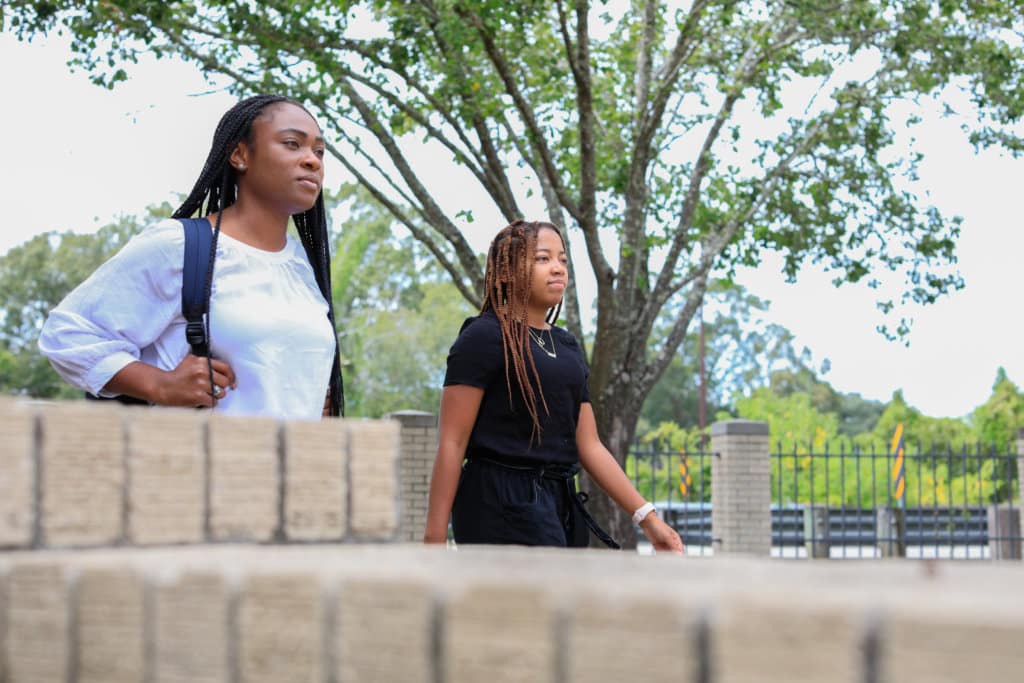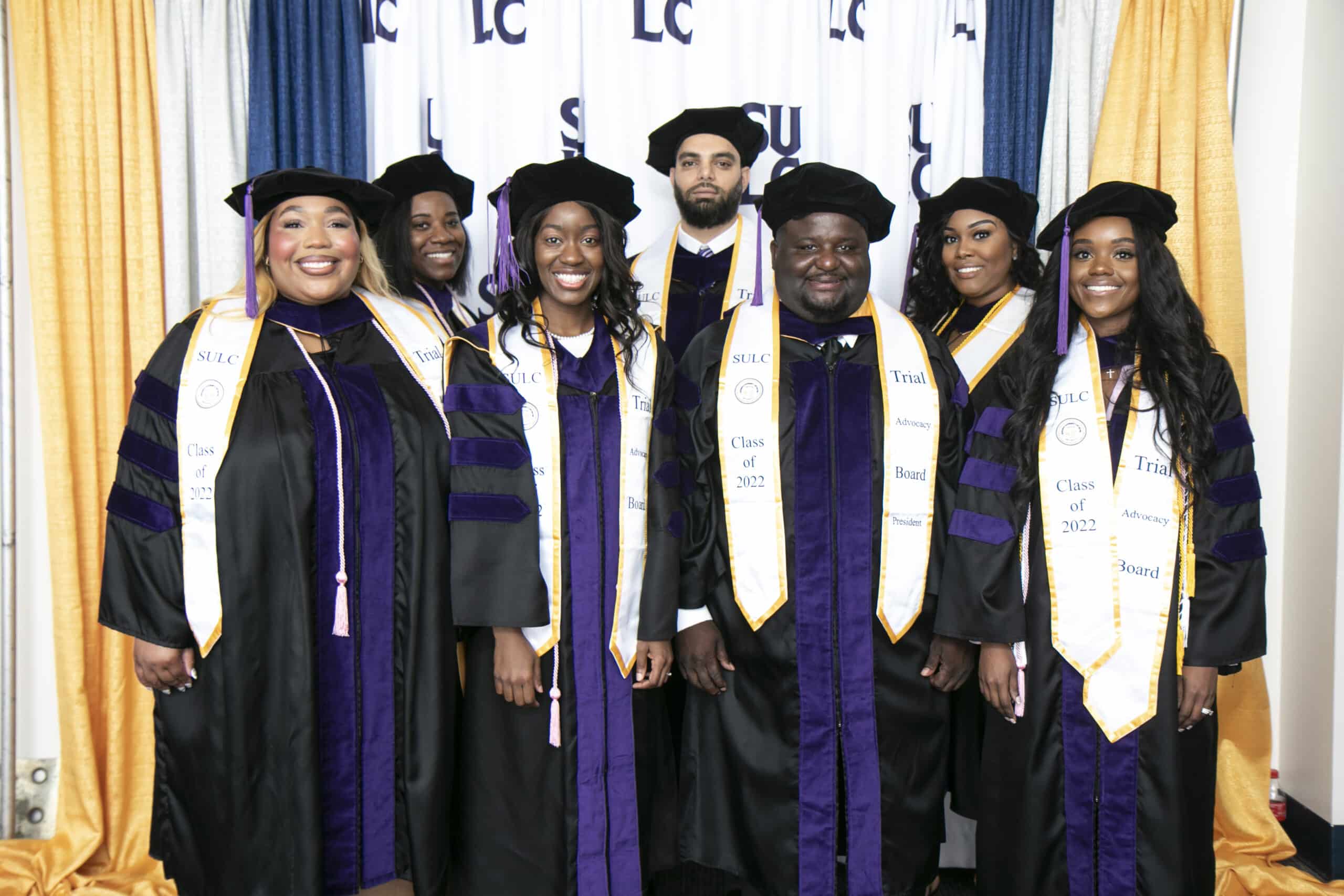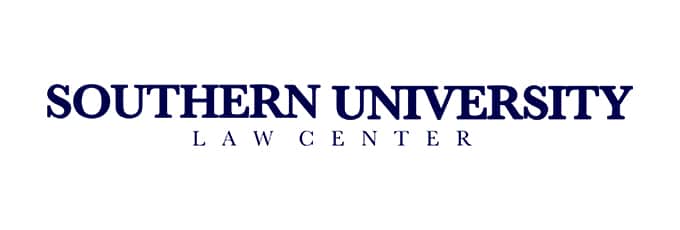A good law school does more than prepare students for practice. It gets them ready to make a difference in some of the most pressing issues of their time.
Situated in Louisiana’s Baton Rouge is an institution that is doing exactly that. Established in 1947, Southern University Law Center (SULC) has been preparing students with the skills and knowledge needed to undertake a successful and impactful career in law for the last 75 years.
What makes SULC stand out from other law schools in the US? Diversity. African-Americans make up more than half the student population at SULC and 72% of the school’s faculty. In the Princeton Review’s Best Law Schools for 2021, it was ranked the “Most Diverse Faculty.” This is nothing new, however. SULC has held this ranking title for multiple years, holding to its mission of catering to a diverse population and ensuring a high quality of legal education.
Admitting people from various walks of life is a recipe for success — the kind that’s helping student Bashar Saleh’s dream to help as many people as possible.
“As I was going through undergraduate studies, I knew I wanted a career and not a job. I am very business-minded and I consider myself something of an entrepreneur. I wanted to attend continuing education in a field that best represented my interests,” says Salehthe Juris Doctor student. “I love helping people and wanted to become a lawyer to continue meeting new people, helping them with their troubles, and continue to learn about myself through these experiences.”
The JD programme equips students with the skills and knowledge to be highly effective, competent, and ethical professionals who possess a deep sense of community. It provides professional training in the areas of civil (specific to Louisiana) and common law, empasising the substantive and procedural law of Louisiana, with its French and Spanish origins (civil law), Anglo-American law (common law) well integrated into the curriculum.
For DeMario Thornton from Birmingham, Alabama, his favourite courses are Contracts, Evidence, and Federal Jurisdiction. “I feel like I put the most dedication to understanding the intricacies and rules to these laws while applying them to my everyday life,” he says.
Students like Thornton and Saleh train in the art of advocacy, legal research, legal theory and social purposes of legal principles as well. They learn the techniques to strengthen the their abilities in legal reasoning and ethics of the legal profession with focus on the professional responsibility of the lawyer to society — integral parts of the educational objectives of the Law Center.
At SULC, Saleh was provided with many experiential opportunities to further his interests. “I participated in a mediation clinic and I was able to represent a few parties in their mediation efforts,” he says. “It was nice learning mediation techniques to bring both parties to an agreement they both were satisfied with. I am now a licensed mediator as well,” he adds.
Saleh has even been given the opportunity to be a teaching assistant for the last three years for his favourite class: torts and property law.
As for Thornton, he took Trial Advocacy and complete an externship working with a judge. “I truly believe that this experience gave me a real dose of what’s to come in the legal field and I enjoyed every second of it,” he says.

SULC’s Juris Doctor programme offers professional training in the areas of civil and common law. Source: Southern University Law Center
Beyond the classroom, SULC has numerous organisations for students to get involved with life at the school while furthering their professional career.
Saleh is making full use of this. “I am the Vice President of the Pro Bono society. I am a Board of Student Advisors member,” he says. “I participated in a mock trial competition in California with the Honours Board of Advocates. I am on the Code of Student Conduct Judiciary, as well as am the Director of Summer Camp programming.” He also served as a teaching assistant and mentor to up to 1,000 law students and provided academic assistance to around 500 law students.
Thornton is the the Editor-in Chief of Law Review and the Co-Chair of the Student Ambassadors. These are “two organisations I have poured into and two organisations that have poured into me,” he says.
Support is available from the start to end of every student’s journey here. Before stepping into that first law class, students are paired with a mentor that will provide them with support, guidance and advice on navigating the unique challenges faced by incoming law students. Externship opportunities are available to second and third-year law students as well — giving them first-hand experience of working in a law firm.
By the time they graduate, JD students are ready for varied career opportunities in positions requiring legal training or where legal training is considered an asset. This includes government service, private enterprise, and non-traditional legal-related professions.
For Saleh, the sky’s the limit. “SULC has definitely prepared me to be ready for the world outside of school,” he says.
Thornton is confident he’ll achieve his long-term goals, armed with everything he’s gained from SULC. “I believe SULC is an incubator for gladiators and I feel that I have been taught by the best to become the best,” he says.
Follow Southern University Law Center on Facebook, Twitter, Instagram, LinkedIn and YouTube.











